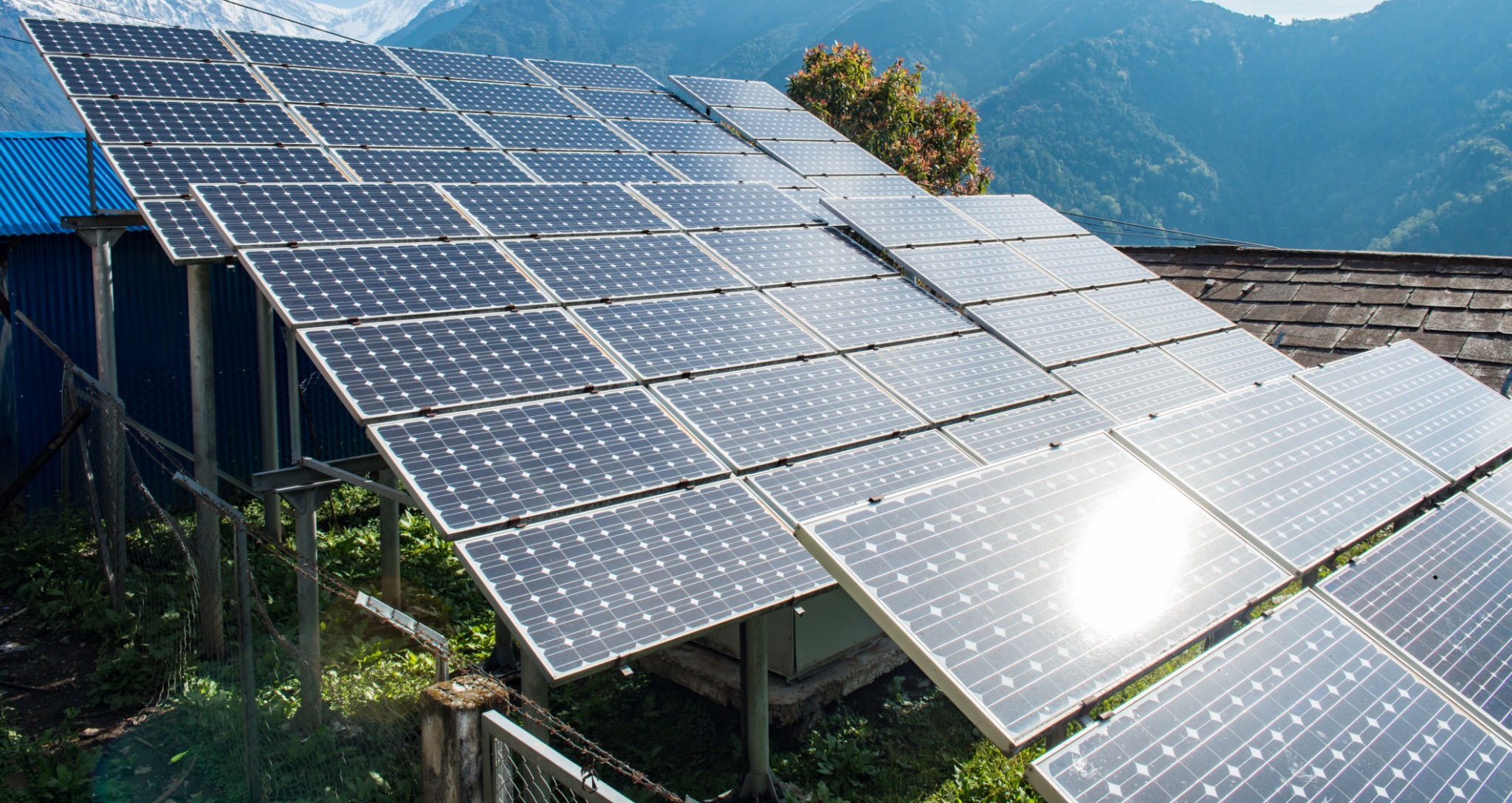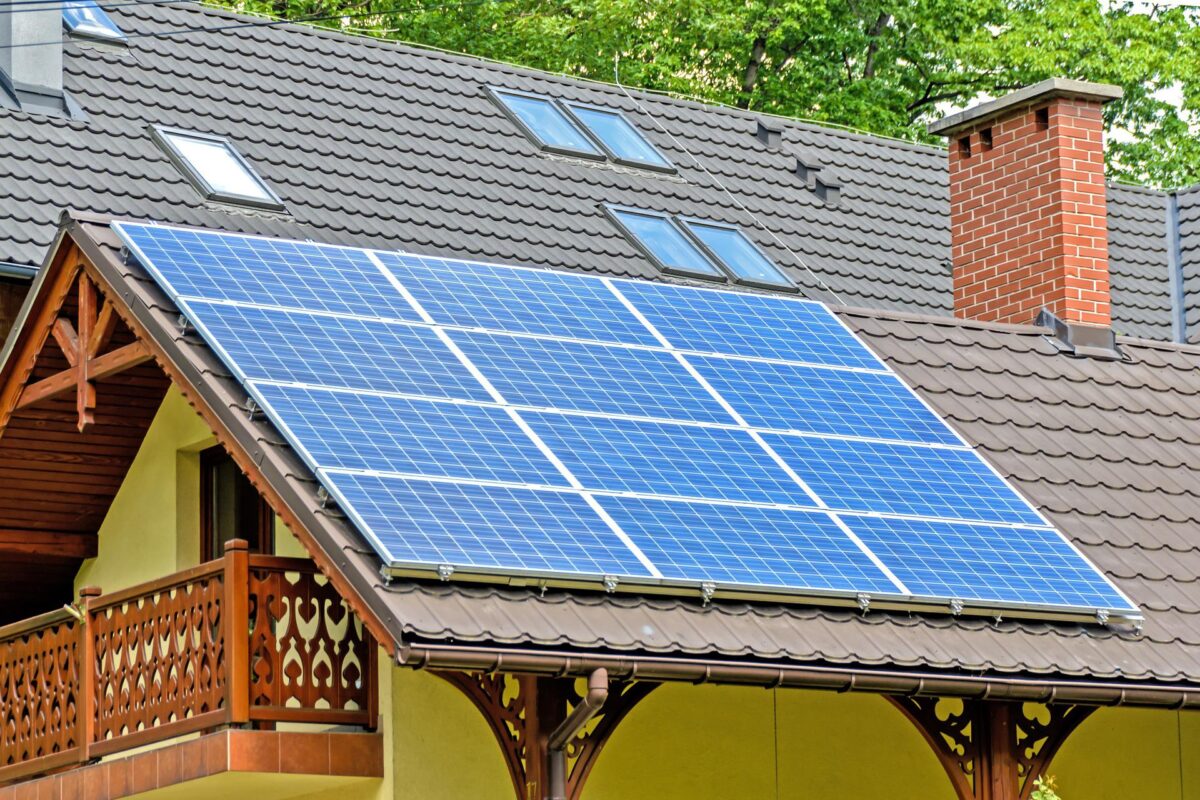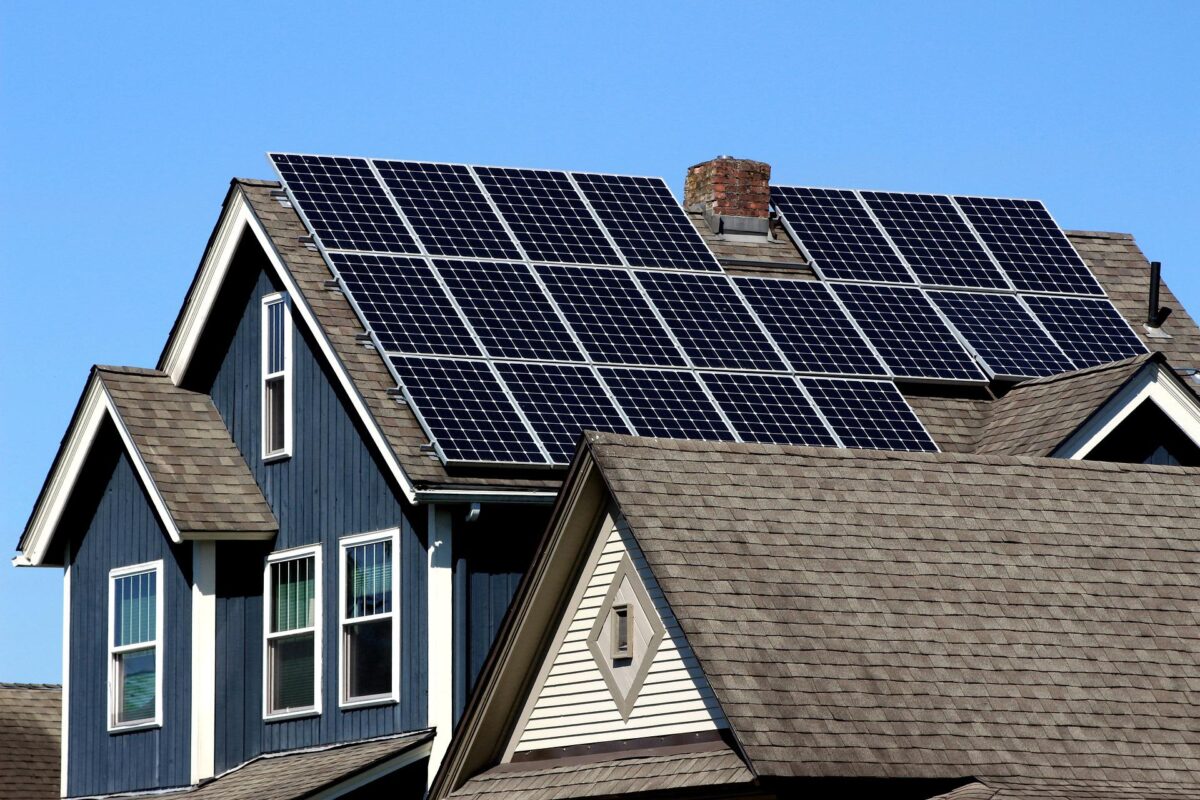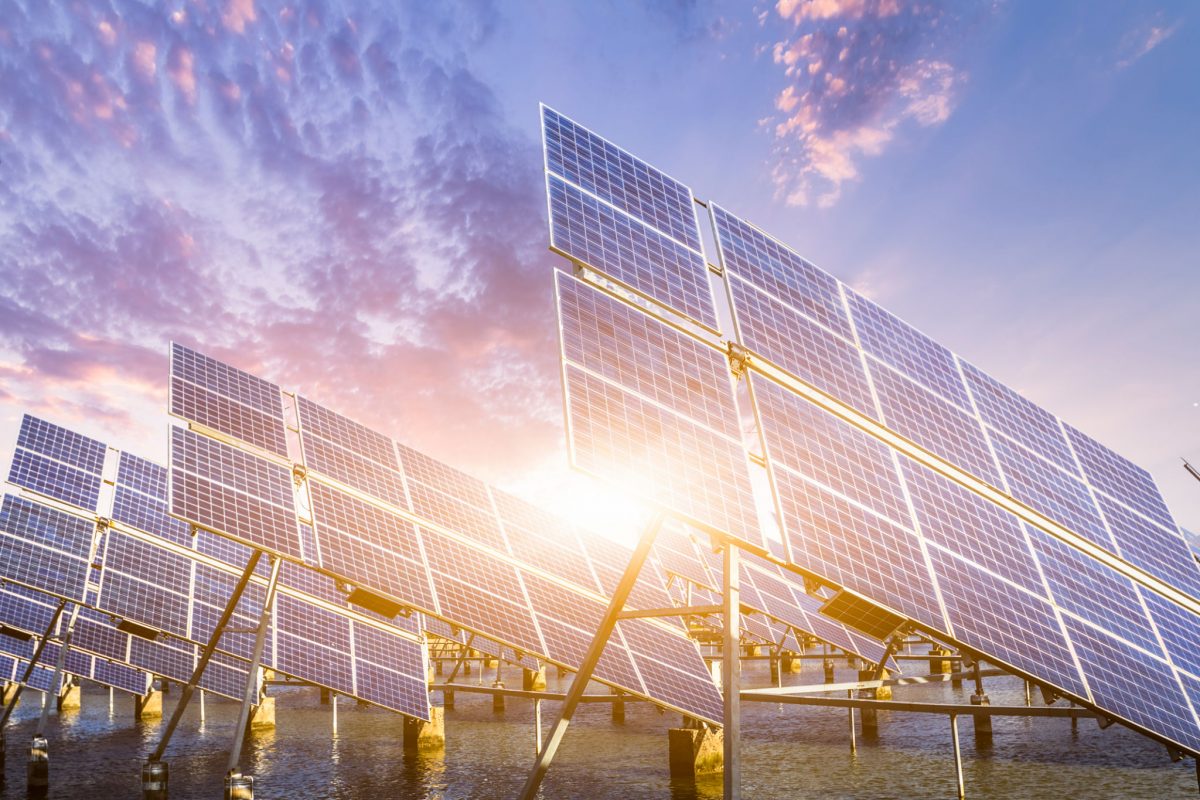Solar Energy
Solar energy is defined as the transformation of energy that is present in the sun and is one of the renewable energies. Once the sunlight passes through the earth’s atmosphere, most of it is in the form of visible light and infrared radiation. Plants use it to convert into sugar and starches and this process of conversion is known as photosynthesis. Solar cell panels are used to convert this energy into electricity.
Advantages of solar energy are:
- Clean: It is considered to the cleanest form of energy as there is no emission of carbon dioxide like in case of fossil fuels which is one of the causes of global warming.
- Renewable: There is an ample amount of energy available on earth as long as the sun exists.
- Reliable: The energy can be stored in the batteries and so there is no question of unreliability.
- Reduction in utility costs.
- Free energy because it can be trapped easily.
Types of Solar Energy
Solar energy can be classified into two categories depending upon the mode of conversion and type of energy it is converted into. Passive solar energy and active solar energy belongs to the mode of conversion and solar thermal energy, photovoltaic solar power and concentrating solar power.
- Passive solar energy: This refers to trapping sun’s energy without using any mechanical devices.
- Active solar energy: This uses mechanical devices to collect, store and distribute the energy.
- Solar thermal energy: This is the energy obtained by converting solar energy into heat.
- Photovoltaic solar power: This is the energy obtained by converting solar energy into electricity.
- Concentrating solar power: This is a type of solar thermal energy which is used to generate solar power electricity.






